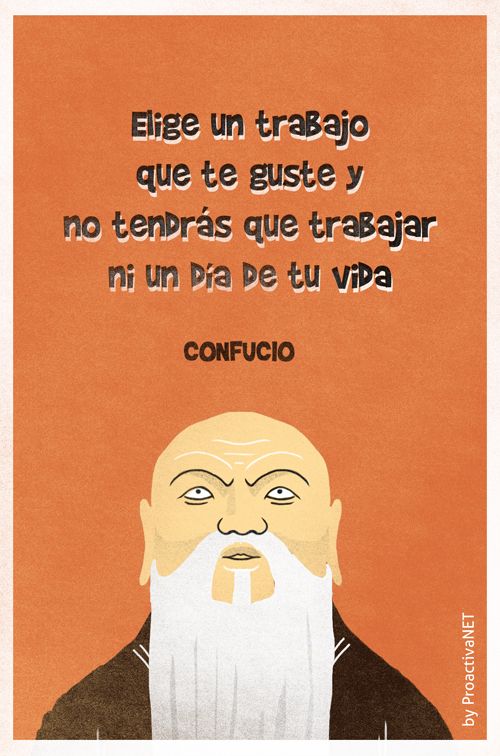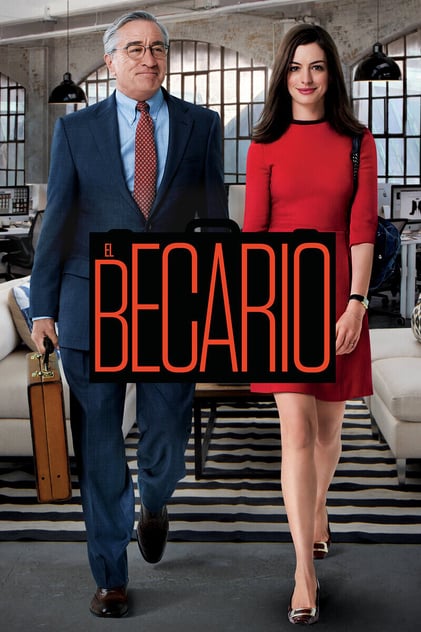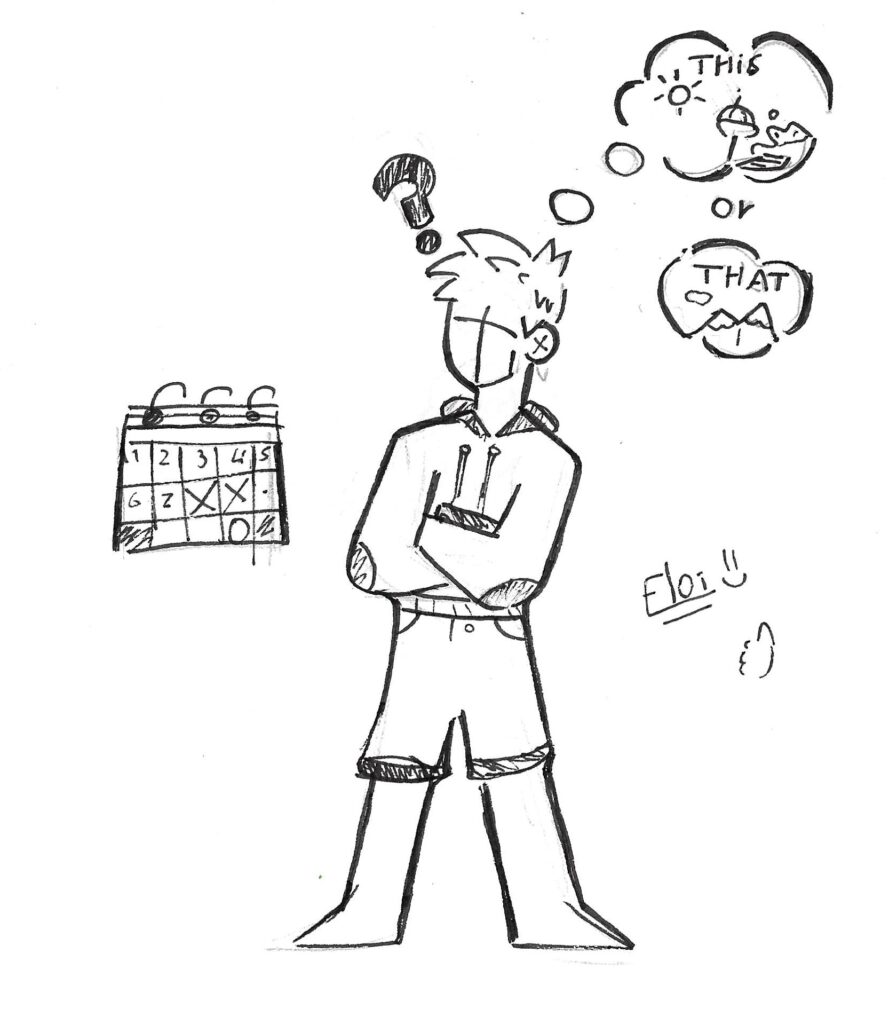A couple of weeks ago, I visited Roman Tarraco with my family. The goal was to spend the day together and reconnect with our Roman past on-site. We also booked a guided tour that helped us deepen our understanding of the place. Since my eldest daughter is currently studying this historical period in high school, we agreed that this visit would help her better grasp what the books are trying to explain.
But the point of this post isn’t to talk about how much we enjoyed ourselves. In fact, our guide reminded us of the etymological origin of two very commonly used words: leisure and business.
The word “leisure” comes from the Latin otium, referring to free time and rest. In ancient Rome, this concept was associated with the activities of free citizens who engaged in cultural and leisure pursuits, while the slaves carried out the productive labor.
On the other hand, the word “business” comes from the Latin negotium, which means “occupation” or “work.” This word referred to the commercial and productive activities that took place in the forum. Over time, these words were adopted by other languages and evolved into the meanings we use today.
Nowadays, the term “leisure” refers to activities we do in our free time for rest and enjoyment, while “business” refers to economic activities aimed at generating income and profit. Although leisure and business may seem like opposites, in reality, they can complement each other.
For example, many people enjoy leisure activities that can also generate income, like playing music in a bar or teaching yoga classes. Similarly, companies often promote their products and services through leisure activities such as sporting or cultural events.

So, perhaps this dichotomy between leisure and business is inherited, but we should aim not to separate them too strictly in how we organize our time or manage our schedules. From a planning perspective, we should treat free time and work time equally, since both are equally valuable (after all, it’s all personal time, regardless of how we use it).
In today’s society, free time has become an increasingly valuable resource. Our daily lives have become more and more hectic, and people eagerly seek out moments to rest and disconnect so they can recharge and carry on with their routines. To truly make the most of these moments of relaxation, it’s essential to plan how we’ll spend our free time.
There are several reasons why planning our leisure activities can be beneficial. First, it allows us to manage our time more efficiently. If we have a plan for our activities, we can ensure we’re making the most of our available time and avoiding procrastination or boredom.
Additionally, planning gives us a clearer idea of what we want to achieve in our free time. By setting specific goals, we can feel more motivated and committed to our activities, which can lead to greater satisfaction.
Another benefit of planning our leisure time is that it encourages us to try new and different things. With a plan, we can include activities we may not have done before, which can help broaden our interests and knowledge. We can also include activities that improve our skills or health, such as exercising or practicing meditation.
Lastly, planning also helps us socialize and connect with others. Including activities with friends or family can strengthen our relationships and create meaningful memories together.
In short, planning our leisure time has many benefits. From organizing our time more efficiently to discovering new things and connecting with others, planning can help us make the most of our relaxation moments. That’s why it’s important to take the time to plan activities that we truly enjoy and that make us happy.

To wrap up, a joke comes to mind about the CEO of a large company who, sitting in her executive chair, wonders whether having lunch with her most important client is for pleasure (otium) or productive work (negotium). After going through various levels of management in the company, the CEO receives vague answers that don’t resolve her doubt. Finally, someone new in the organization suggests she ask the intern, who, being fresh from university, might have a theoretical answer.
The CEO approaches the intern, who is very busy, and asks:
“Hey, I have a question. Maybe you can help. When I go to lunch with the company’s most important client, am I doing it for pleasure or for work?”
And the intern, without skipping a beat, replies:
“That’s pleasure.”
The CEO is surprised by how quickly and confidently the intern answered, so she asks:
“And how can you be so sure?”
The intern replies:
“If it were work, I’d be the one doing it.”

